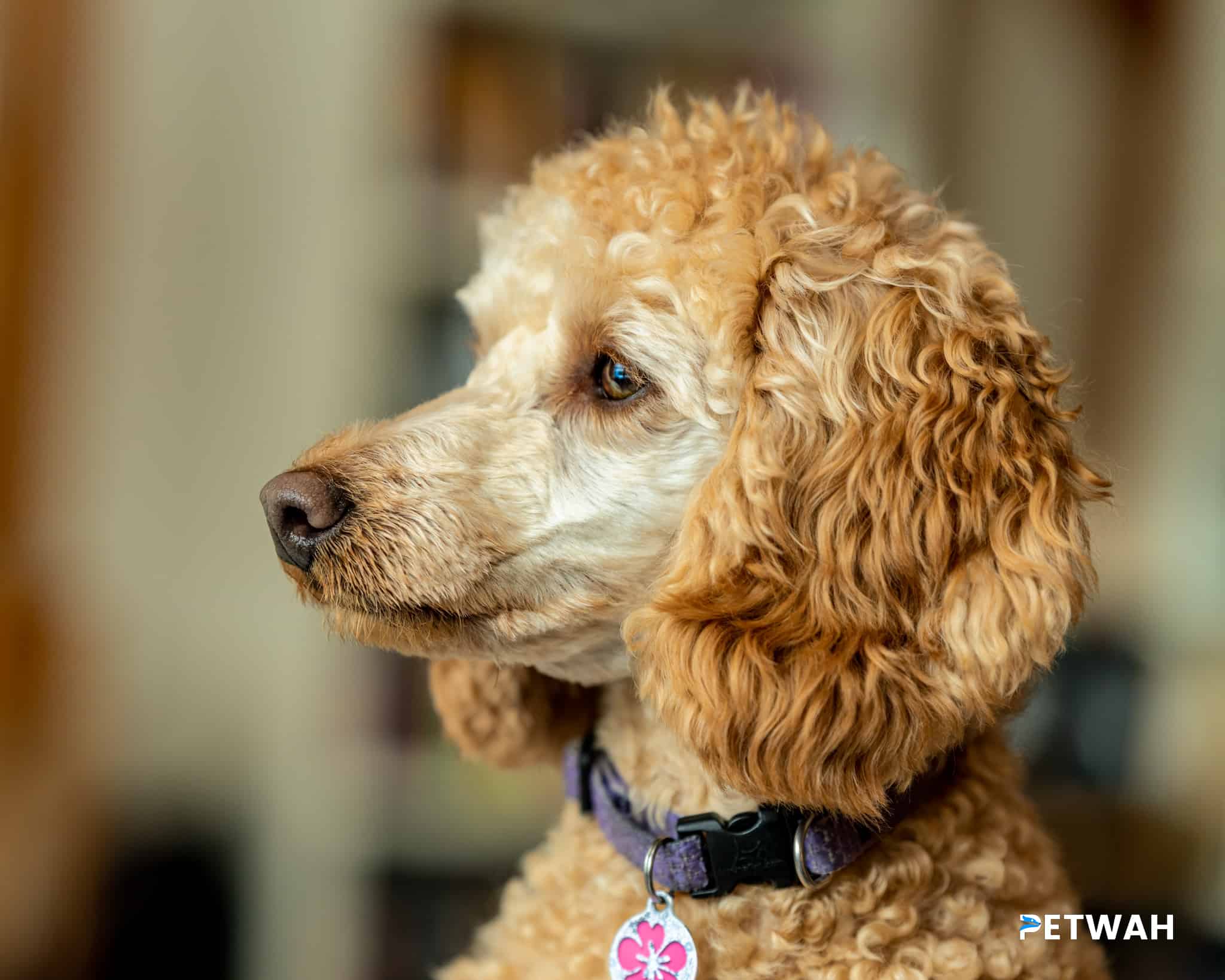Can dogs eat almonds? The answer is no. Almonds are a great snack for humans, but they can’t digest them as easily as we can. In this post, we’ll explore the truth about almonds and your pet. We’ll also discuss some other nuts that your dog can eat.
Can dogs eat almonds?
The simple answer is no, dogs cannot eat almonds. While they are not as toxic to dogs as some other nuts, they can still cause digestive problems for your furry friend. Almonds are one of those foods that canine companions just can’t digest as easily as people. So, if you’re looking for a healthy snack for your dog, almonds are not the way to go.
There are plenty of other great snacks out there that both you and your dog can enjoy together. Just make sure to check with your vet first to see what they recommend!
Why can’t dogs have almonds?

The main reason almonds are not a good food choice for dogs is that they contain a high amount of oil. This can cause pancreatitis in dogs, which is a very serious and potentially fatal condition. Additionally, they contain cyanogenic glycosides, which can release cyanide gas when digested. While this isn’t usually enough to be harmful, it’s still best to err on the side of caution and avoid giving your dog.
Can dogs eat almond butter?
No, dogs cannot eat almond butter. It is made from almonds, which as we now know, are not good for dogs. In addition to being hard for them to digest, it can also cause an upset stomach in dogs. So, it’s best to avoid giving your dog butter.
Can dogs eat almond flour?
The same goes for almond flour. It’s a common ingredient in grain-free dog foods, but it’s not something that dogs can digest easily. While it’s not as harmful as some other nuts, it’s still best to avoid giving it to your dog or anything with almond flour in it.
Can dogs drink almond milk?
Almond milk is a great alternative for people who are lactose intolerant or have allergies to cow’s milk. But, can dogs drink almond milk? Unfortunately, the answer is no. Just like almonds, dogs can’t digest almond milk as easily as people can. So, it’s best to avoid giving it to your furry friend.
Can dogs eat sweet almond oil?
No, dogs cannot eat sweet almond oil. While it is not toxic to them, it can cause an upset stomach and diarrhea. If your dog ingests sweet oil, call your veterinarian immediately.
Can dogs eat raw almonds?

No, dogs cannot eat raw almonds. It contains a toxin that can harm a dog’s digestive system. If your dog ingests them, it may experience vomiting and diarrhea. In severe cases, it can cause pancreatitis in dogs. If you think your dog has eaten almonds, please contact your veterinarian immediately.
Can dogs eat roasted almonds?
No, dogs cannot eat roasted almonds. Just like raw almonds, roasted ones are also hard for dogs to digest and can cause an upset stomach. If you’re looking for a healthy snack for your dog, try sticking to dog-safe fruits and vegetables like carrots or apples.
As a pet owner, it’s important to be aware of the foods that are safe and unsafe for your furry friend. While almonds may be a tasty treat for humans, they’re one of the many nuts that should be avoided when it comes to feeding time for Fido. If you have any questions about what foods are safe for your dog, be sure to consult with your veterinarian. They’ll be able to give you the best advice on what’s safe to feed your four-legged friend.
What happens if my dog eats almonds?

If your furry friend happens to eat almonds, the good news is that they aren’t as toxic as some other nuts. However, that doesn’t mean they’re completely safe. Dogs can’t digest almonds as easily as they can, so they may experience stomach pain or discomfort after eating them.
If your dog ate almonds, it may experience some digestive issues like vomiting or diarrhea. If you’re concerned, contact your veterinarian right away.
In some cases, it can even cause an obstruction in your dog’s intestines. If this happens, your dog will need to be seen by a veterinarian right away. Treatment will likely involve surgery to remove the obstruction.
How many almonds can a dog eat?
The number of almonds a dog can eat depends on its size. A small dog can have up to two a day, while a large dog can have up to six. However, it’s best to avoid giving your dog any almonds at all.
What nuts can dogs eat?
There are a lot of conflicting reports on what nuts dogs can and cannot eat. The truth is, it depends on the nut. Some nuts, like almonds, are more difficult for dogs to digest and can cause gastrointestinal problems. Other nuts, like peanuts, are perfectly safe for dogs to eat in moderation. As always, if you’re unsure about feeding your dog a certain food, it’s best to consult with your veterinarian.
Cashews and peanuts are both safe for dogs to eat in small quantities. However, like almonds, they should not be given too often as they can cause an upset stomach. In addition, both of these nuts contain a lot of fat – so it’s best to give them sparingly as part of a healthy diet.
So, while almonds aren’t the most dangerous food for dogs, it’s best to keep them away from Fido altogether. Stick to dog-friendly snacks like carrots or bananas instead! Your pup will thank you for it.
In conclusion, it’s best to avoid giving your dog any nuts, including almonds. If they do eat them, keep an eye out for any digestive issues and contact your vet if you’re concerned. Thanks for reading!
Do you have any other questions about what dogs can and can’t eat? Leave them in the comments below! I’m always happy to help out fellow dog parents. 🙂








